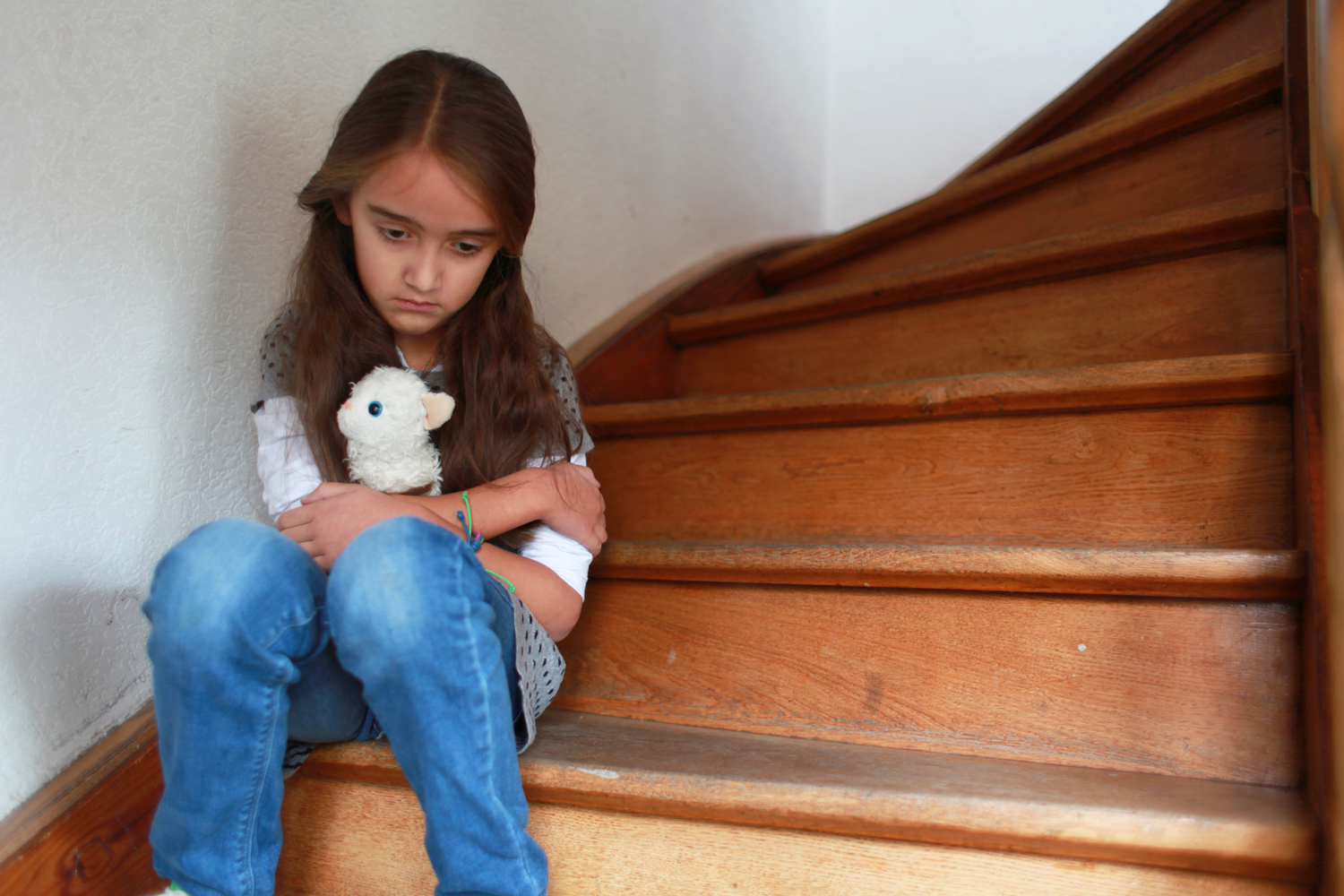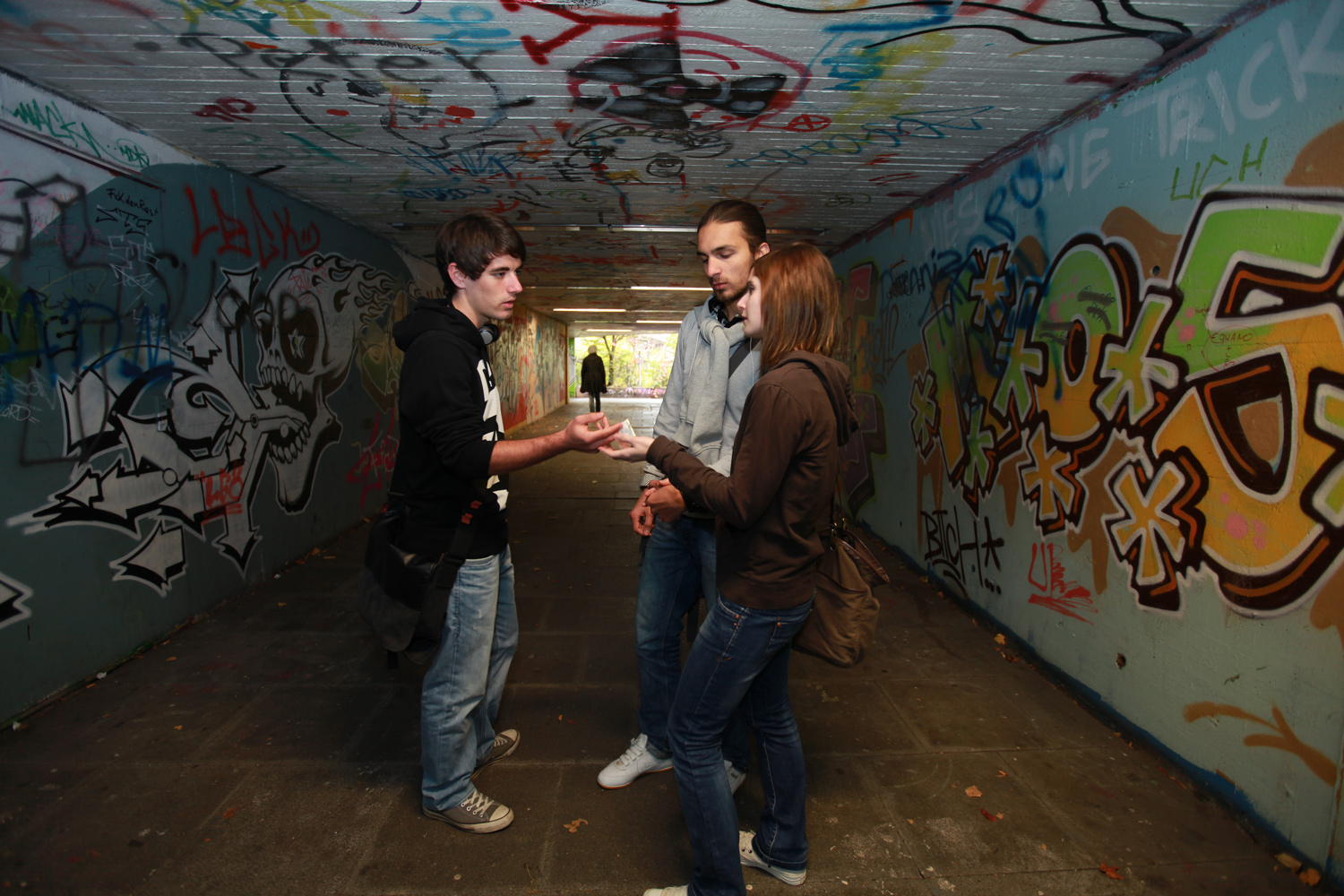What is cybergrooming?
Cybergrooming is the targeted initiation of sexual contact with minors via the internet. The perpetrators pretend to be children or young people of the same age in chats or online communities in order to initially gain the trust of unsuspecting minors and then manipulate them. Their aim is usually to meet the underage victims in the "real" world and abuse them. The perpetrators can often persuade the minors to send them revealing self-portraits beforehand. These are then used in a blackmailing manner as a means of putting pressure on the minors to perform further acts.
The video of a EUROPOL campaign on the phenomenon of cybergrooming impressively shows how perpetrators use the internet and smartphones to target minors in order to persuade them to make live recordings with sexual content or to create and send child and youth pornographic image and video files. The background is often sexual and/or financial interests.
Cybergrooming is a criminal offense - legal classification
Initiating contact with children via the internet in preparation for sexual abuse is known as cybergrooming. Corresponding criminal liability regulations can be found in Section 176 ff. of the German Criminal Code.
In 2020, the legislator also criminalized attempted sexual abuse of children in the form of cybergrooming if the perpetrator communicates with an adult rather than a child. (Source: Lagebild Jugendkriminalität und Jugendgefährdung NRW, p. 45)
In some cases, perpetrators blackmail their victims by publishing or forwarding nude photos or videos that have already been sent and demand a meeting in the real world for the purpose of sexual abuse or to send further photos and videos.
Victims lose control
Once sexualized image or video material has been published on the internet in this way, it continues to circulate. It is usually shared, passed on to third parties or distributed in other ways. There are many reasons for this. New and unknown recordings often enable the perpetrators to obtain further, less widespread child and youth pornographic material.
What should you do if you are "turned on" in this way?
- It is important to talk to someone you trust. This could be a friend, teacher or parent, for example.
- The following applies to children and young people: "Never meet alone with a chat partner you don't know personally - even out of curiosity."
- Adults should also avoid such meetings or at least insist on meeting in public.
- Never send pictures, especially revealing pictures, to unknown people you only know from the virtual world.
Your police can always be contacted. File a criminal complaint or seek advice from your local police.
How can parents help prevent the crime?
- Talk to your children about the problem and make sure that your children do not give any personal details such as their address and telephone number in chats and social networks.
- Ensure that children and young people handle their photos and videos responsibly and do not post everything, especially intimate images.
- Parents and teachers need to engage with the internet and discuss the potential dangers and benefits of the internet with their children.
- Discuss with your children the difference between a "friend" in real life and a "friend" in the virtual world.
- Help your children with privacy settings on social networks to keep private information to a minimum and only visible to a small group of people.




